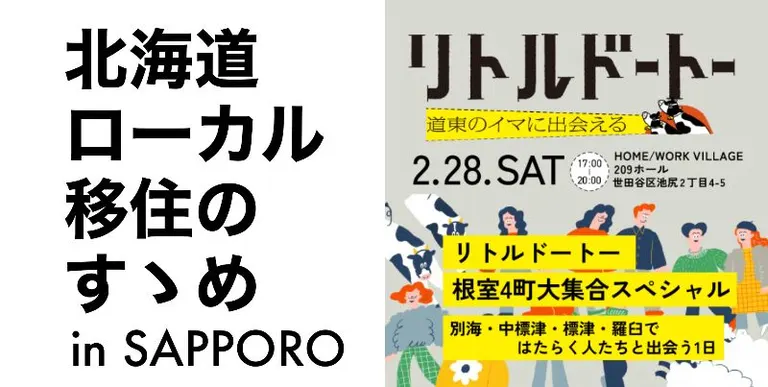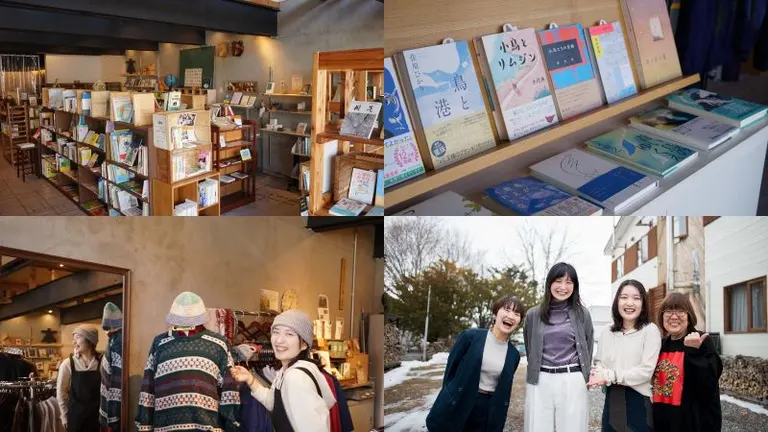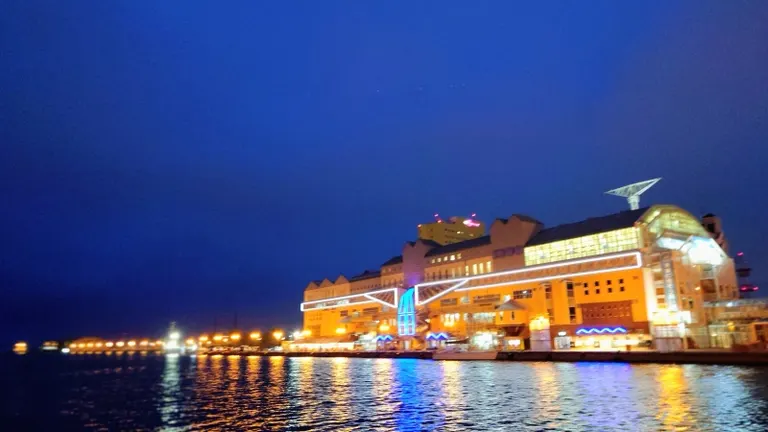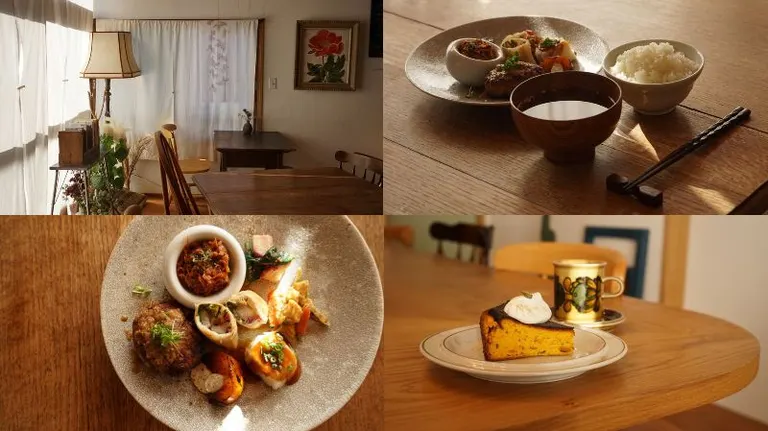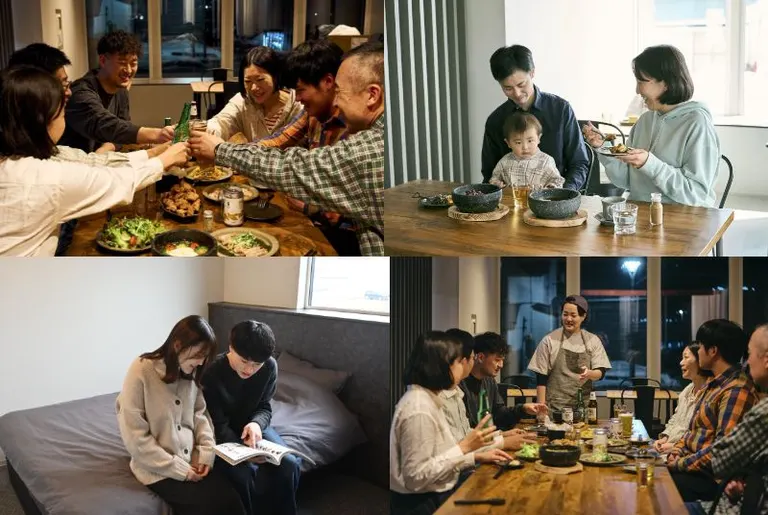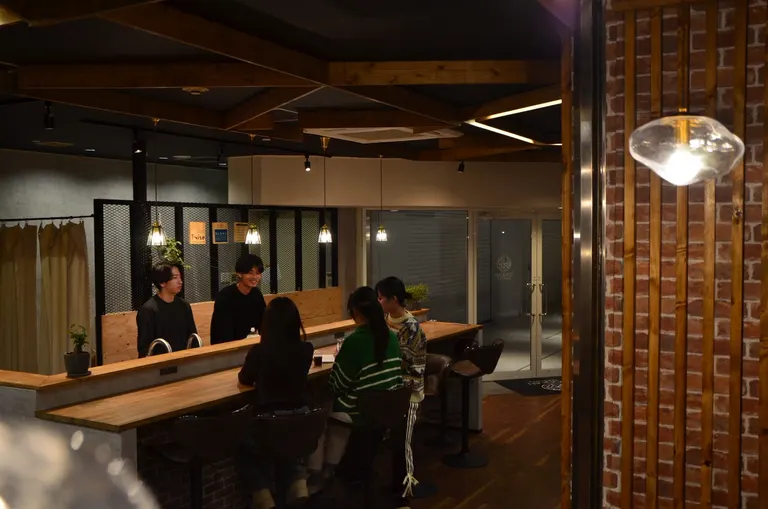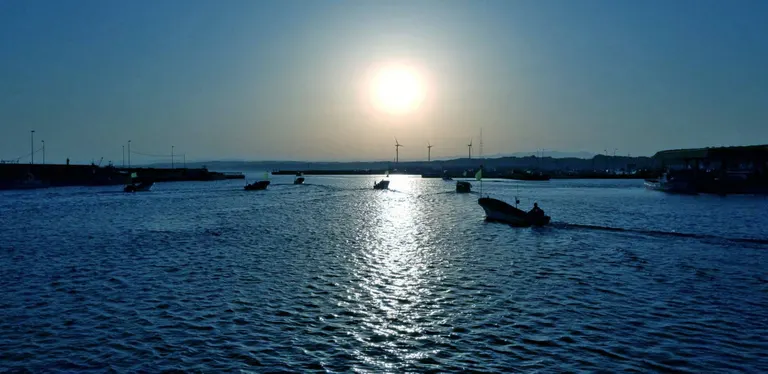
ARTICLES
For an Ocean Where Giant Octopus Can Always Be Fished: A Tomamae Fisherman's Journey Towards Sustainable Fishing
After more than a decade of working with the giant octopus, he began to wonder: will we be able to continue catching them in the future? And can fishermen remain economically prosperous? To protect the primary industry of his small, hometown fishing village, he took the initiative to launch a 'Fishery Improvement Project' and has also started developing new products.
His hope is that his activities will inspire a new generation of young successors who want to become fishermen. We asked him about his ambitions for the future as he looked back on his journey so far.
Contents
1. From Aspiring Teacher to Fisherman.
2. Starting 'Barrel-Drifting Fishing' for Giant Octopus in His Second Year.
3. How Long Can We Continue to Fish?
4. Convincing Fellow Fishermen Was Harder Than Expected.
5. Both Those Who Catch and Those Who Buy are Part of the Fishing Community.
6. New Ideas Emerge from Interacting with Different Industries.
From Aspiring Teacher to Fisherman.
Mr. Ogasawara grew up watching his father, a fisherman, and his mother, who helped him. He recalls a childhood where he would wake up in the morning to find breakfast and clean clothes laid out, but his parents were already gone to work. Although he sometimes felt lonely, he says, "Watching my father at work up close, I felt he was very dependable."
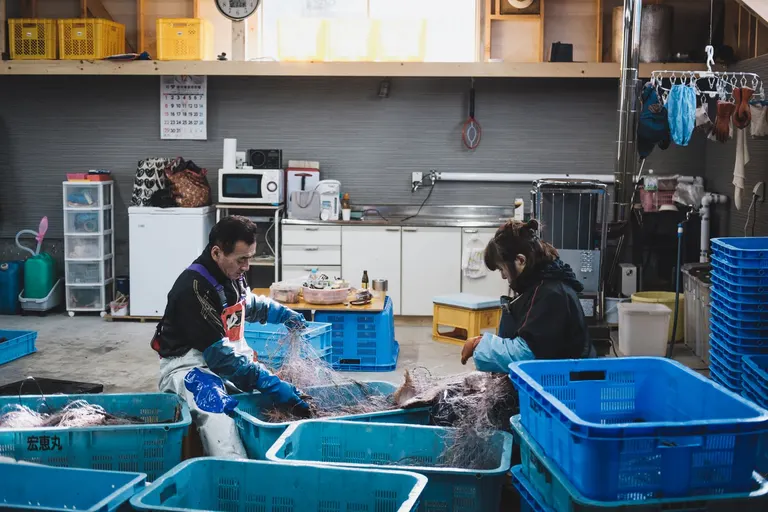
Mr. Ogasawara's parents
"In elementary school, when I asked my dad what to do for my summer research project, he suggested, 'Let's make a fish print.' We made a print of a huge flounder he had caught. That's an experience you can't have unless you're a fisherman's son, right?"
While aware of the hardships of a fisherman's job, Mr. Ogasawara also felt its excitement. However, he didn't initially plan to become a fisherman. As a rugby player, he intended to go to university, continue playing rugby, and dreamed of becoming a junior high school teacher.
"Then one day, during my third year of high school, my father injured his leg while fishing, and there was a possibility it might need to be amputated. If my father couldn't go out to sea, someone had to feed the family. It was time to decide my future, so I decided to give up university and become a fisherman."
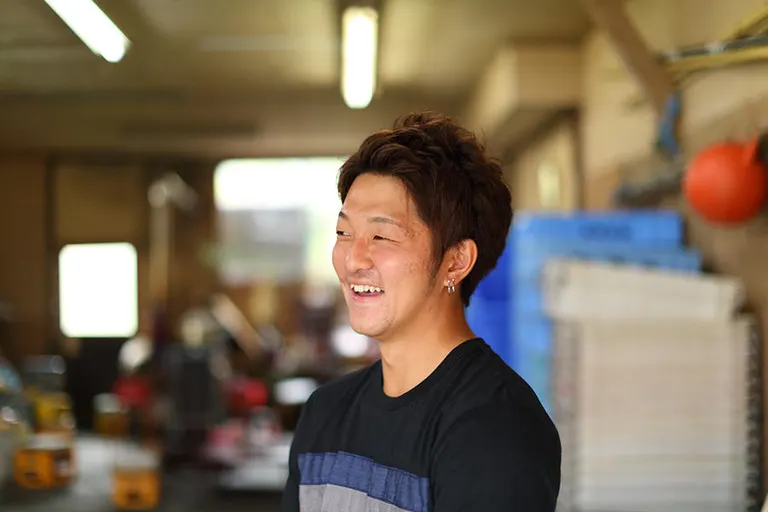
Mr. Ogasawara when he had just become a fisherman
Life is unpredictable. Making a swift decision, Mr. Ogasawara graduated from high school and underwent six months of training at the Hokkaido Prefectural Fisheries Research Institute in Shikabe Town, obtaining licenses for vessels, forklifts, and radio operation. Eventually, he began his path as a fisherman, working as a crew member on his father's boat after his father recovered from his injury.
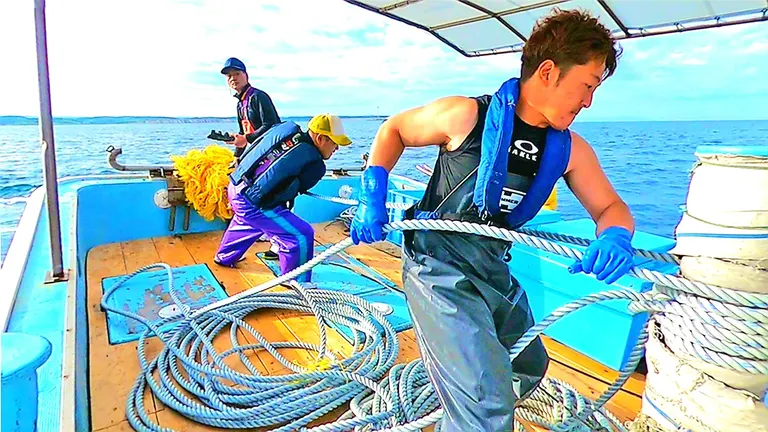
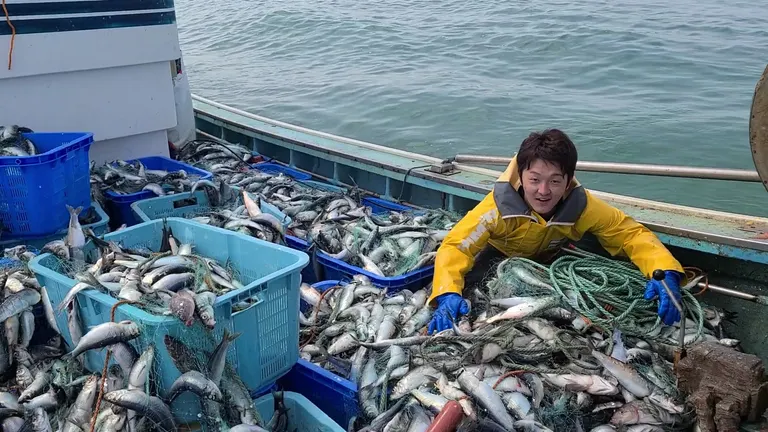
Top: Sea cucumber fishing, Bottom: Herring fishing
Starting 'Barrel-Drifting Fishing' for Giant Octopus in His Second Year.
In his second year, he obtained his fishing rights and started Tarunagashi-ryo for North Pacific giant octopus. This method is, in a way, like pole-and-line fishing for octopus. It uses a tool with a barrel on one end of a rope and a lure called an 'isari' on the other. The isari is thrown into the sea to sink, while the barrel floats. A giant octopus, mistaking the isari for an enemy, attacks it and gets caught on the hook. The barrel, which had been drifting with the current, suddenly stops moving, signaling to the fisherman, "An octopus is caught there." The fisherman then reels in the rope and hauls the octopus onto the boat.
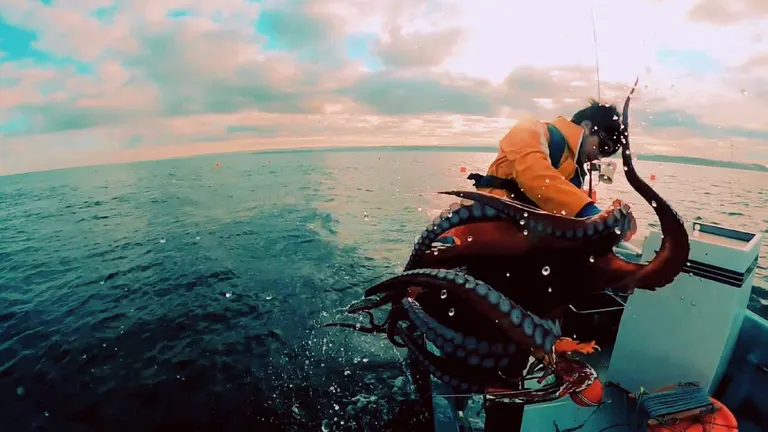
Barrel-drifting fishing. Hauling in a giant octopus is a dynamic sight.
In Tomamae, many fishermen use particularly small boats and cannot go far offshore. Therefore, barrel-drifting fishing is conducted from spring to summer when the giant octopuses come closer to the shore. During other times, 'octopus box fishing' is the mainstream method, which utilizes the octopus's habit of entering narrow spaces by sinking boxes into the sea.
"Barrel-drifting fishing is a profound method. A river flows from upstream to downstream, but the ocean's currents are invisible. In just an hour, the current can reverse or slow down. It also changes with the weather, and you need to calculate the water depth and current speed to adjust the length of the rope. It's no exaggeration to say that it heavily relies on experience and intuition."
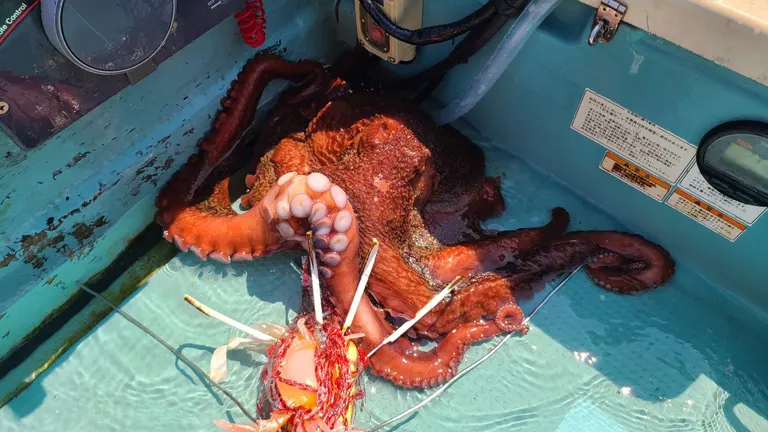
A giant octopus hauled up with the isari
How Long Can We Continue to Fish?
Eventually, a certain question began to form in Mr. Ogasawara's mind: "How long can we continue fishing, the core industry of Tomamae?" If overfishing continues, the day will come when the giant octopus disappears. He felt a strong need to "first make Tomamae's fishing industry sustainable."
There was a catalyst for this thought. While working as a fisherman, Mr. Ogasawara had been involved in community development with his seniors since around 2012. Their main activity was to help local children experience agriculture and fishing through camping, allowing them to learn about the good things in Tomamae.
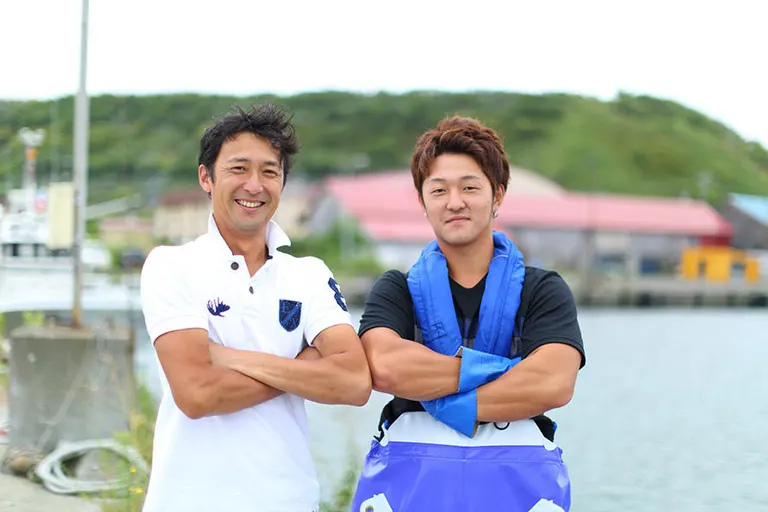
With his respected senior, Taishi Nishi (left), who works with him on community development
"Many kids leave town after graduating high school. It's a bit sad to imagine them telling their university friends or colleagues, 'There's nothing in Tomamae.' If they could learn about and experience the local primary industries, they might be proud of their hometown when they go out into the world."
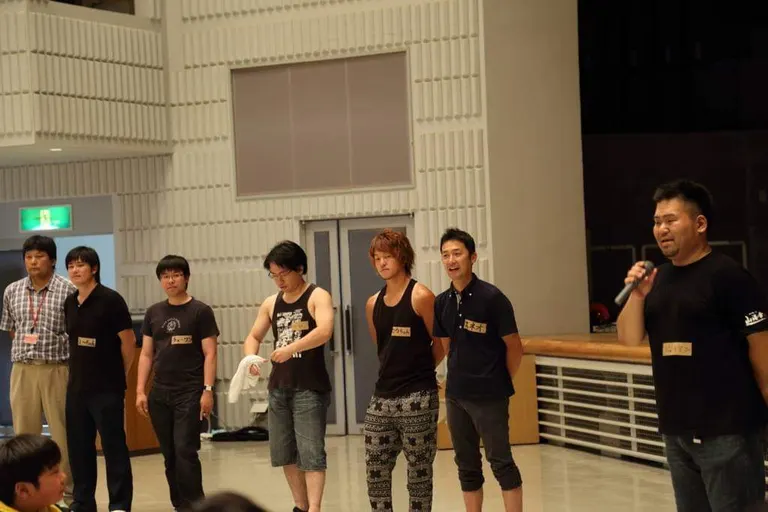
A scene from the community development project. Mr. Ogasawara is third from the right.
To achieve this, he wanted to start by making his own field, the fishing industry, sustainable. With this in mind, he launched the 'Fishery Improvement Project' in 2019. This is also known as 'FIP,' short for 'Fisheries (Aquaculture) Improvement Project,' a project aimed at improving the sustainability of a fishery to a level where it can achieve certification. There are only a few examples in Japan, and Mr. Ogasawara's initiative is the first in Hokkaido.
Convincing Fellow Fishermen Was Harder Than Expected.
So, what were the specific first steps?
"First, I started by collecting data from the fishermen who do barrel-drifting fishing. Based on feedback like 'There were a lot of octopuses this year' or 'There were few,' I tried to establish rules in advance to restrain catches if the octopus population decreased, so we could implement them at any time."
It's much easier to increase the population from 1 to 2 than to restore it from 0 to 1. Moreover, doing it together as a group gives it meaning. Mr. Ogasawara tried to take measures before the resources disappeared, but getting the project off the ground was very challenging.
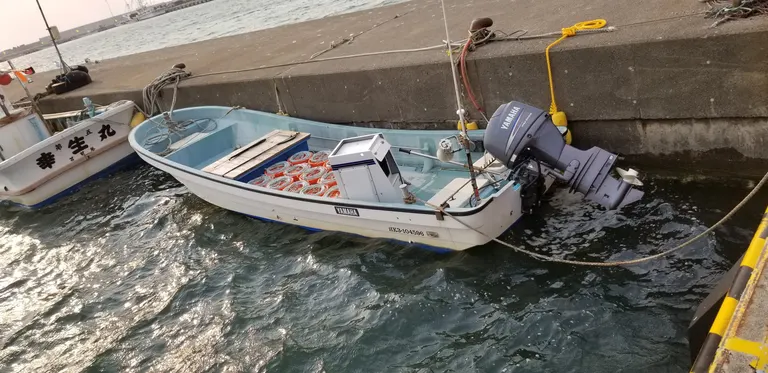
"First, I held a meeting to explain the purpose of this project and ask for cooperation. But initially, everyone's reaction was, 'What are you talking about?' I think part of the reason was that my explanation was still clumsy, but even after holding several meetings, some people were too busy to show up, and we couldn't get off to a good start."
The first meeting was in 2017. For the next two years, Mr. Ogasawara continued to persuade his fellow fishermen. He visited the homes of those who couldn't attend meetings, explained carefully, and sincerely conveyed his message: "I really want to make sure everyone can keep making a living. I'll handle the difficult parts. I'll try not to cause you any trouble."
Gradually, more people began to understand, and the project slowly moved forward. Mr. Ogasawara himself said he didn't know how things would turn out until it started, but he believed that taking action was the most important thing.
Both Those Who Catch and Those Who Buy are Part of the Fishing Community.
And now, there is another project he is currently advancing.
"We plan to commercialize boiled giant octopus and start selling it around June. It's easy to understand as the 'sixth industrialization' of fishing, but that alone isn't interesting, so we are considering various frameworks."
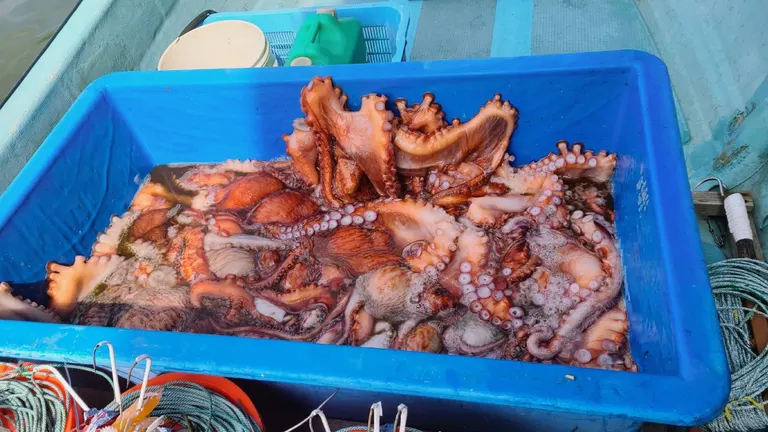
For example, if you catch 1 ton of giant octopus, and each octopus weighs 10 kg, that's about 100 octopuses. When processing 100 octopuses, you can make 10 products from each one (8 legs + head split into 2). This means 1,000 products can be created from 100 giant octopuses.
"If we sell these directly to consumers through a personal e-commerce site, we can double our revenue compared to selling through wholesale because there are no intermediary margins. This means that even if I reduce my catch from the usual 1 ton to 500 kg, I can still earn the revenue of 1 ton, allowing me to make a living. And if I release the 500 kg of octopus I didn't catch back into the sea for other fishermen to catch, that becomes their income."
In addition, if they make it a rule to release giant octopuses under 10 kg, they will grow larger and it should also lead to more breeding. The product name is 'ReTAKO,' combining 'TAKO' (octopus) with 'Re.' It carries the hope that "giant octopus fishing will be sustainable 100 years from now."
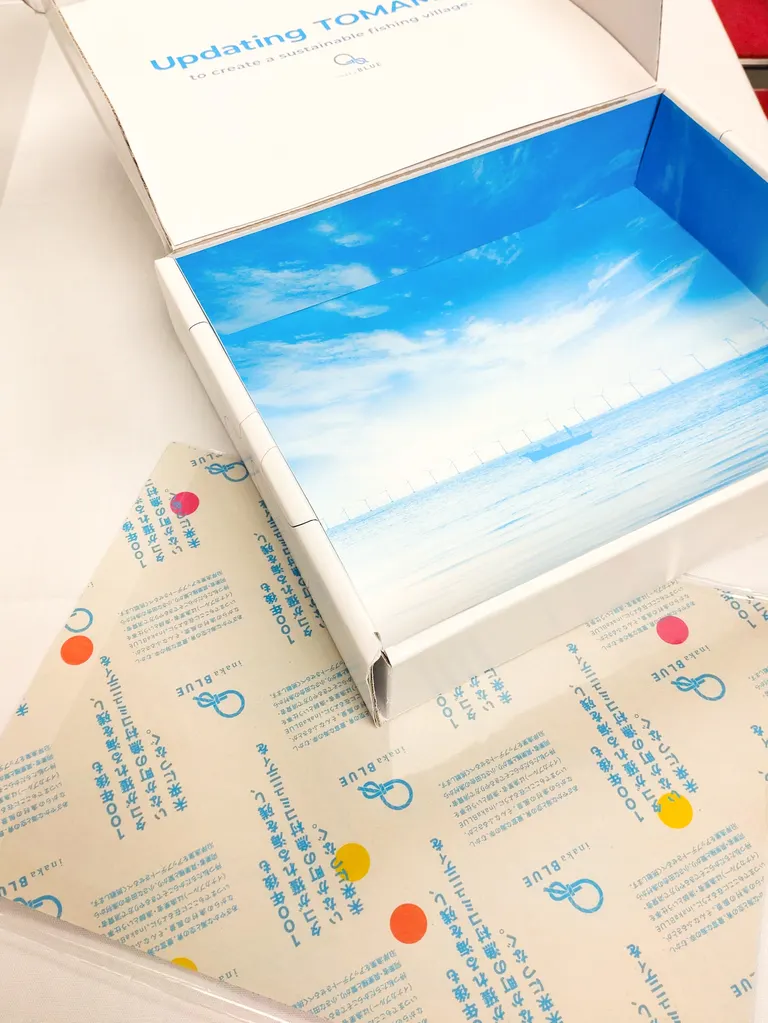
The package for ReTAKO, which was designed through a public competition hosted by the Hokkaido Bureau of Economy, Trade and Industry. It won the Director-General's Award.
"By customers buying our octopus, I can return octopuses to the sea. I will continue to share information about giant octopus fishing and product development on social media. I want customers to see this, connect with us, and become part of our 'related population' in the fishing industry."
ReTAKO operates under the business name 'inakaBLUE.' With the motto "Preserving an ocean where octopus can be caught 100 years from now and connecting rural fishing village communities to the future," they will continue to expand their activities.
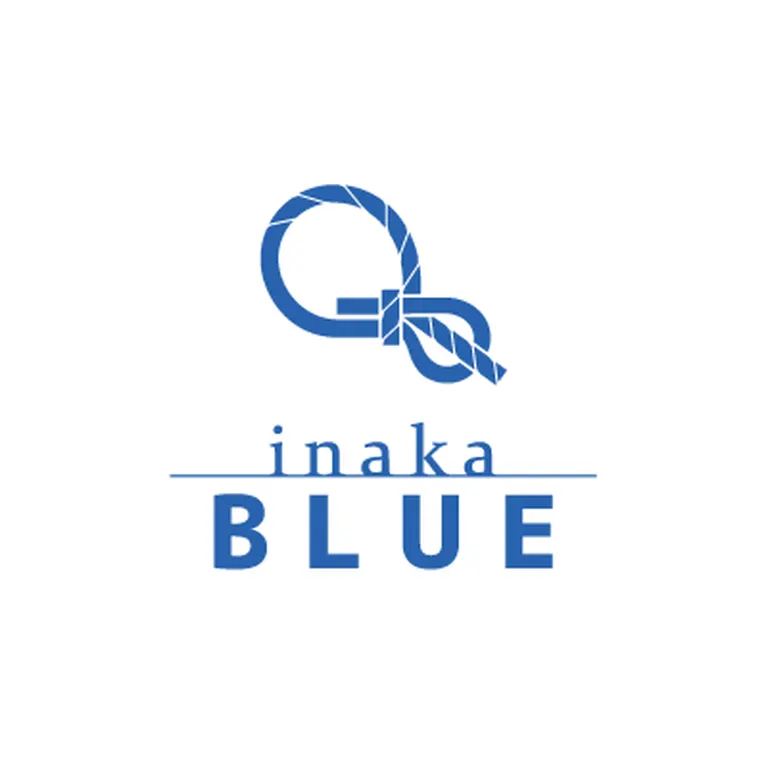
New Ideas Emerge from Interacting with Different Industries.
The Fishery Improvement Project originally started from a meeting with Shunji Murakami, who provides consulting services for marine products. A senior fisherman of Mr. Ogasawara's was asked by Mr. Murakami, "Do you know any interesting fishermen I could talk to?" which led to the connection. Mr. Murakami empathized with Mr. Ogasawara's passionate feelings for Tomamae's fishing industry and told him about the Fishery Improvement Project (FIP).
"As a fisherman, I don't often leave town and have few opportunities to connect with people from other industries. However, I think it will become increasingly important for people living in small communities to see the outside world. I want to continue communicating with various people."
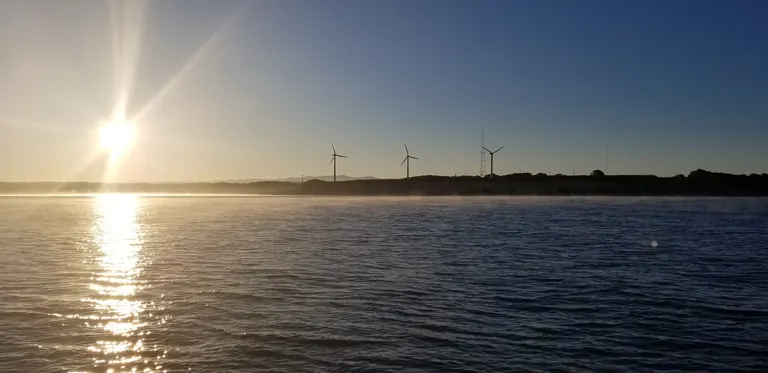
Although there have been many hardships, he says that now there are quite a few fellow fishermen who come to ask about the project's progress. Others tell people outside the fishing industry, "Koichi is working on this now." Recently, fishermen from other areas have come to hear his story, and university students have chosen his work as a topic for their graduation theses, gradually spreading awareness of his activities beyond the town.
"I can't measure my own limits, so there must be more I can do. First, I want to get 'ReTAKO' on track and then find new things to pursue."
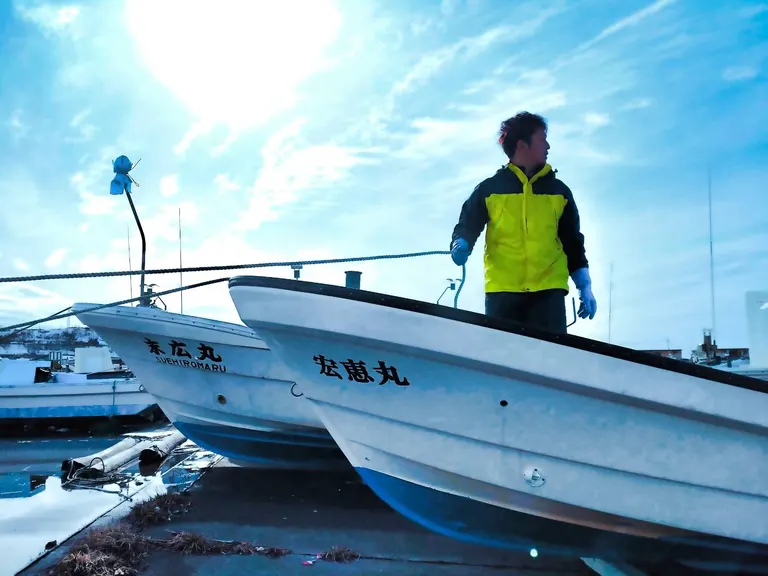
In a small town, if nothing is done, one can only sadly watch the population naturally decline. "That's why I feel a sense of crisis, but at the same time, I want to create something exciting," says Mr. Ogasawara. This young fisherman's initiative has only just begun.
Koichi Ogasawara
Fisherman
While working as a fisherman in Tomamae, a town in the 'upper left' of Hokkaido, he is striving to establish sustainable fisheries and a sustainable region.
▼See more about Koichi Ogasawara on Domingo
Koichi Ogasawara
▼Watch Koichi Ogasawara's YouTube channel
Fisherman Tako-ichi / Hokkaido's Upper Left
Writer Profile
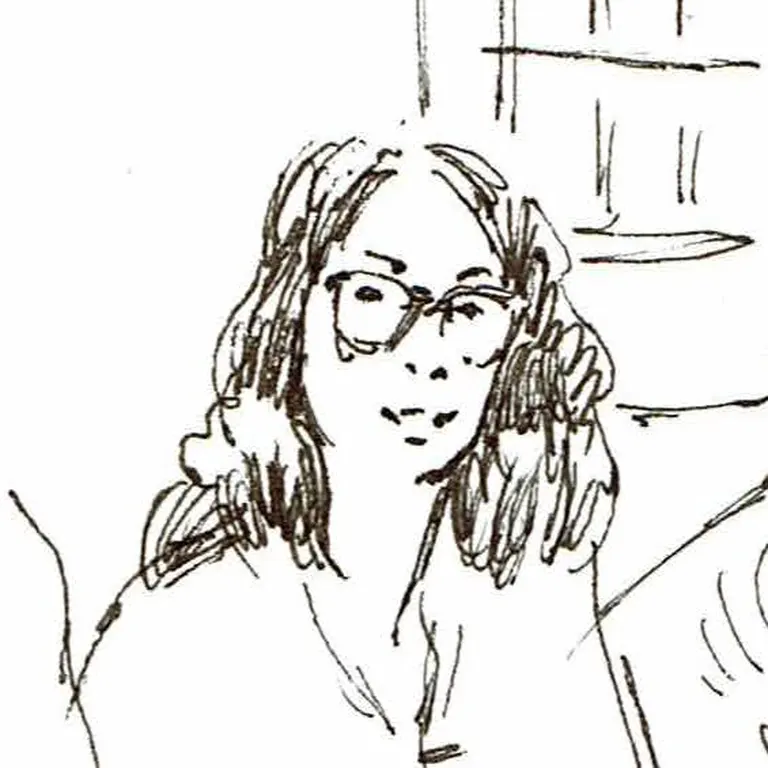 Satoko Nakano
Satoko Nakano
Born and raised in Tottori Prefecture, the least populated prefecture in Japan. After graduating from high school, I moved to Tokyo and lived there for about 20 years before moving to Kimobetsu Town with my family in August 2017. I enjoy the clear air and heavy snow at the foot of Mt. Yotei and experience the warmth of people every day.
Read More!
Recommended for readers of this article
・Making a Small Town More Convenient, Richer, and More Fun with the Power of Digital: Numerous Projects Initiated by a Former Civil Servant in Mori Town
・Create Your Own 'Interesting.' The Story of Ezo-maru Kinuhari, Who Moved to Kamikawa Town with His Friends
Topics near this article
・To the Great Northern River, Teshio River, a Journey Woven by the Harmony of Untouched Nature and People. [Scenic Byway Hokkaido (15)]
・The Road Everyone Longs For ~Japan Sea Ororon Line~ [Scenic Byway Hokkaido (10)]






